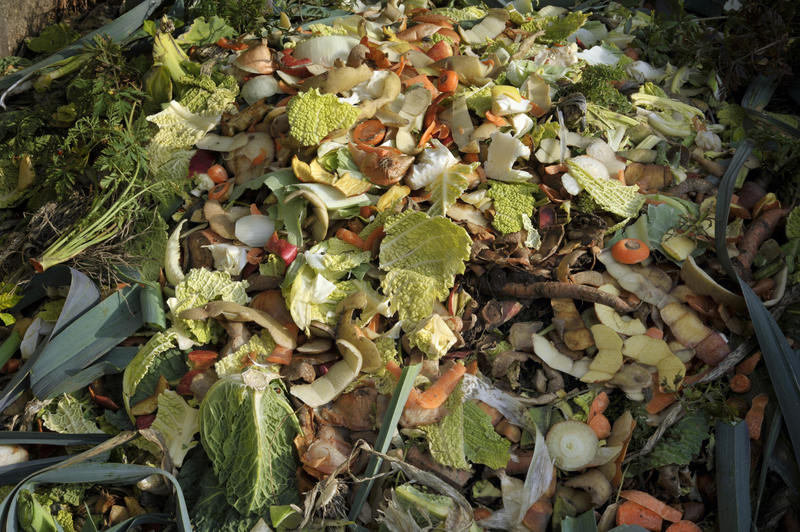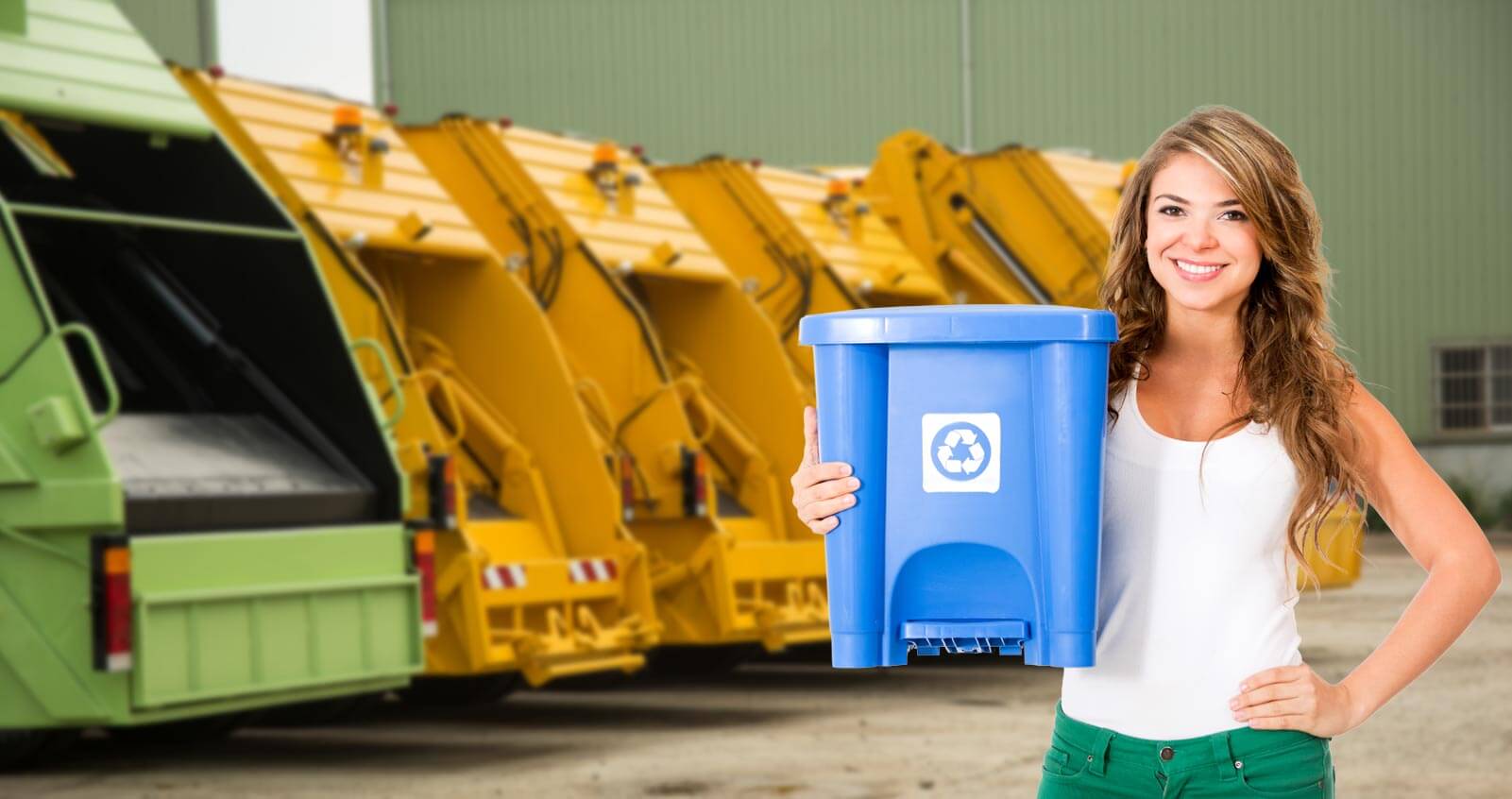How to Manage Office Waste
Posted on 18/11/2024
Managing office waste effectively is crucial for promoting sustainability, reducing environmental impact, and even saving money. In modern workplaces, waste management should be a priority, considering the significant amount of paper, electronics, and other materials used daily. This comprehensive guide will help you understand why managing office waste is important and how to implement effective strategies for doing so.
Understanding Office Waste
Office waste comprises various materials such as paper, plastic, electronic waste (e-waste), food waste, and other miscellaneous items. The types and quantities of waste generated can vary depending on the nature and size of the business. Understanding the different categories of office waste is the first step in managing them effectively.

The Importance of Office Waste Management
Effective office waste management is important for several reasons:
- Environmental Protection: Proper disposal and recycling help reduce the strain on landfills and lower pollution levels.
- Cost Savings: Implementing waste management strategies can lead to significant cost reductions through recycling, reusing materials, and reducing overall waste production.
- Compliance: Adhering to waste disposal regulations helps avoid legal penalties and aligns with business sustainability goals.
- Corporate Responsibility: Demonstrating commitment to sustainability enhances corporate image and can improve relationships with clients, stakeholders, and employees.
Strategies for Managing Office Waste
Multiple strategies can be employed to tackle office waste efficiently:
1. Conduct a Waste Audit
Before developing a comprehensive waste management plan, perform a waste audit to identify the types and quantities of waste generated. This audit typically involves:
- Collecting and categorizing waste over a set period (e.g., one week).
- Weighing and recording the different categories of waste.
- Analyzing the collected data to identify major waste streams and potential areas for improvement.
2. Implement the 3 Rs: Reduce, Reuse, Recycle
The 3 Rs principle is a cornerstone of effective waste management:
- Reduce: Minimize the amount of waste generated at the source. Encourage employees to use digital documents instead of printed ones, and adopt electronic communication methods to reduce paper waste.
- Reuse: Promote the use of reusable items such as coffee mugs, water bottles, and refillable ink cartridges. Reuse office supplies when possible and donate items like furniture and electronics to charities.
- Recycle: Set up a comprehensive recycling program with separate bins for paper, plastic, glass, and electronic waste. Partner with a reputable recycling company to ensure proper disposal.
3. Educate and Involve Employees
Educating employees about the importance of waste management and how they can contribute is crucial. Regular training sessions and informative materials can help:
- Raise awareness about proper waste disposal and recycling practices.
- Encourage participation in waste reduction initiatives.
- Foster a culture of sustainability within the organization.
4. Introduce Office Composting
Introduce compost bins for organic waste like food scraps and biodegradable materials in communal areas. Composting can significantly reduce the amount of waste sent to landfills and can be used to enrich soil for office plants or local community gardens.
5. Adopt Green Procurement Policies
Adopt sustainable procurement practices to minimize waste. This involves:
- Choosing suppliers who offer eco-friendly products and packaging.
- Purchasing products made from recycled materials.
- Opting for durable, long-lasting items instead of disposable ones.
6. Monitor and Review Progress
Regularly review and assess the effectiveness of your waste management strategies. Monitoring helps identify areas that need improvement and ensures continual progress. Metrics to track may include:
- Waste reduction percentages.
- Recycling rates.
- Cost savings.
Special Focus on Electronic Waste (E-Waste)
Electronic waste, or e-waste, is a significant concern due to its hazardous components and the rapid pace of technological advancements leading to frequent equipment turnover. Managing e-waste involves:
- Recycling and Donating: Partnering with certified e-waste recyclers to ensure proper disposal of electronic items. Donating functional equipment to schools or charities.
- Data Security: Ensuring all data is securely wiped from devices before disposal or donation to protect sensitive information.
- Buying Refurbished Equipment: Considering the purchase of refurbished or remanufactured electronics as a cost-effective and environmentally friendly option.

Leveraging Technology for Waste Management
Technology can facilitate effective waste management in offices. Tools and platforms that can help include:
- Waste Tracking Software: Using software to track waste generation, recycling rates, and progress toward waste reduction goals.
- Digital Documents: Reducing paper waste through the use of document management systems for digital filing and cloud storage.
- Smart Recycling Bins: Implementing bins equipped with sensors and data analytics to optimize waste collection and recycling efficiencies.
Conclusion
Effective office waste management is essential for promoting sustainability, reducing costs, and adhering to legal requirements. By understanding the types and quantities of waste generated, implementing the 3 Rs, educating employees, adopting green procurement policies, and leveraging technology, offices can significantly reduce their environmental impact and foster a culture of sustainability. Regular monitoring and adjusting strategies based on performance data ensure continual progress and long-term success in waste management initiatives.
Implementing these practices not only benefits the environment but also pays off by improving the corporate image and potentially bringing in cost savings. Begin today by conducting a waste audit, and take incremental yet impactful steps toward a greener and more sustainable office environment.




